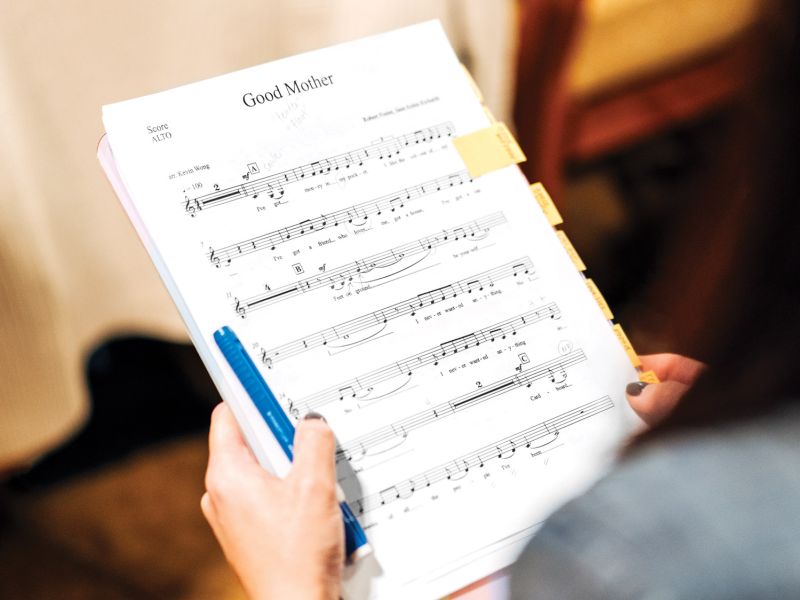Q&A with Nadya Burton

Photo: Madeleine McGreevy
Nadya Burton became the associate dean of undergraduate studies, students and pedagogy for the Faculty of Community Services (FCS) on July 1, 2019.
Tell me more about yourself; what were you doing before you took on this new role?
I am a sociologist, and for the past 20 years I’ve been teaching in the Midwifery Education Program here in FCS. It has been an amazing job in part because I have been able to bring together my theoretical inclinations to engage the complex issues of justice and equity, with teaching in a professional school, where these issues are taken up as tools for practice. Midwifery students are among the most committed and engaged students I know, and to teach and learn alongside them has been an honour.
What does your new role entail?
Good question! I am learning as I go! Sometimes I am doing typical administrative work; managing student appeals, helping schools with program reviews and attending an awful lot of meetings! But much of my time I am supporting student engagement activities, or planning workshops for new (or seasoned!) faculty. Generally, my job means I spend a lot of time thinking about what the Dean’s Office can do to best support our students, faculty, and staff in relation to learning and teaching.
What attracted you to this opportunity at FCS?
The equity and justice focus of the Dean’s Office, and the focus on students and teaching/pedagogy. The opportunity to bring my commitments, in both teaching and research, into this new role was extremely important to me. As associate dean, my job includes engaging and supporting students and faculty in FCS. It is great to be able to think about ways to bring my passion for teaching for social justice, that has always manifested in the classroom, into this new context. I am excited to be thinking about creating opportunities for all of us in FCS to continue to engage the complex and compelling issues of our times; how do we make education more available, accessible and meaningful to all of us? How do we integrate the truths and imperatives of the Truth and Reconciliation Commission, Black Lives Matter, and Occupy into our teaching and our classrooms? How do we continue to push the boundaries so that FCS and Ryerson are sites of excellent education and social change?
What’s the best/most surprising thing you’ve learned about FCS?
Administrative work is fun (who knew?)! More seriously... the degree to which the nine very diverse schools in our faculty share a commitment to active social change in the community. I suppose as we all work in our little silos and sometimes forget to put our heads up and look around, it can be easy as a staff member, faculty member or student in a particular school, to not always see some of the very meaningful connection of values between our programs. That we are all community-oriented, that our work is enmeshed with ideas of what my tradition calls ‘tikkun olam’ (repair of the world), has been an inspiring realization as I come to learn about and develop relationships with students, faculty and staff across our nine amazing schools.
What’s the one thing you’d like the FCS community to know about you?
I am a hopeful person, and I remain hopeful about universities. We are living in very hard times; times when the most vulnerable are impacted the most, and times when neoliberal and corporate pressures weigh heavily on universities. On the one hand, it is important to distinguish hope from optimism, and following the Irish poet Seamus Heaney we might understand that “Hope is not optimism, which expects things to turn out well, but something rooted in the conviction that there is good worth working for.” On the other hand, I believe that hope is the engine of activism. For me, this perspective is what energises the teaching and learning we do in FCS to deepen our commitment to working every day with communities to bring about the change we want in the service of creating more just and equitable worlds.


